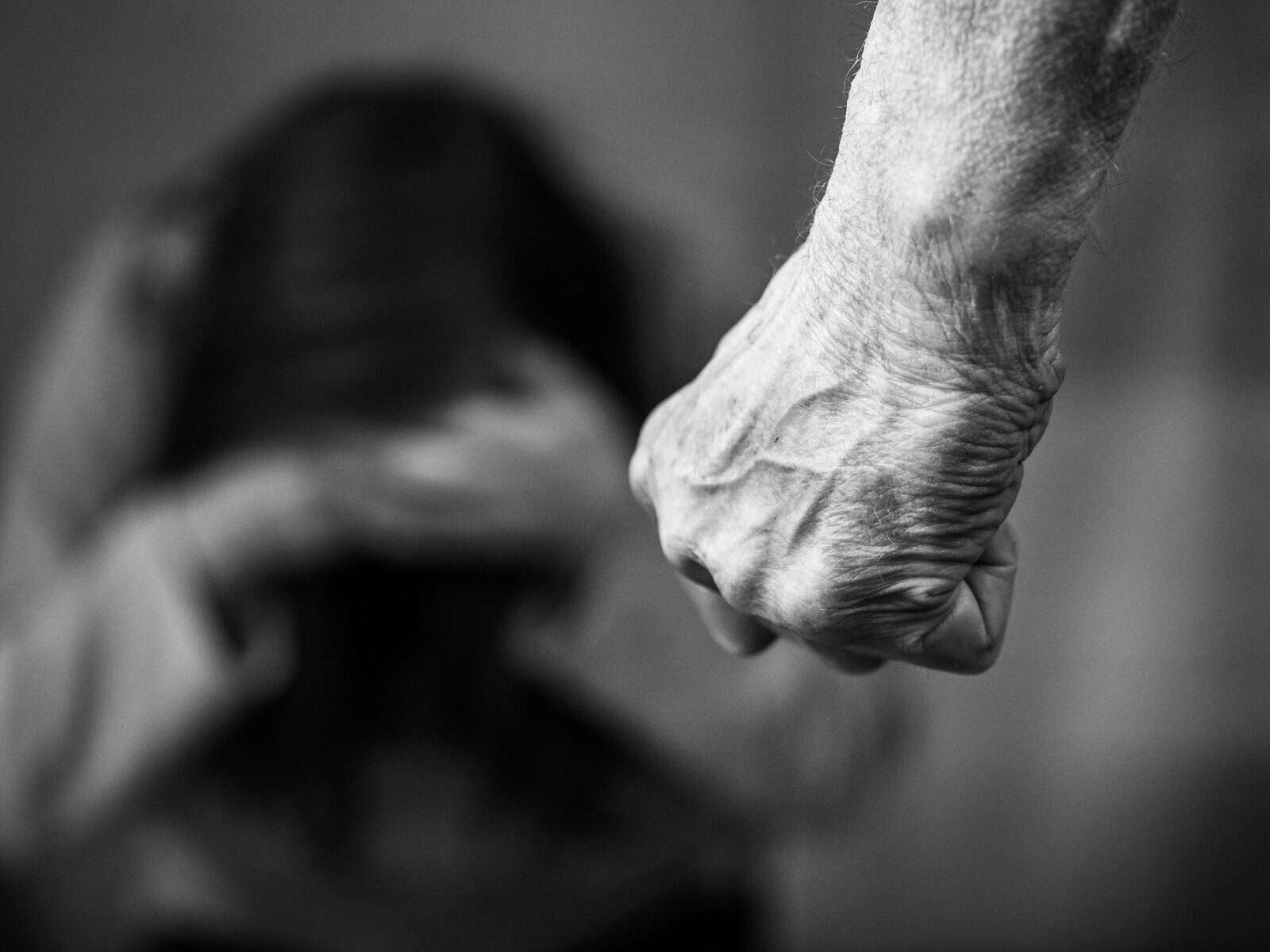Anonymous accounts reveal how many abusers rationalise violence through distorted beliefs about love, control and victimhood.

SA’s gender-based violence (GBV) statistics tell a story, but reality hits harder than any number could.
Behind every percentage data point is usually a man who insists he adored the woman he brutalised.
Confessions reveal disturbing patterns
Confessions scattered across online forums, chatrooms and anonymous support pages show a distinct pattern that the men who confess believe that their behaviour, along with love, are interchangeable.
“I loved her with all my heart,” a man who claimed to have changed his ways wrote on a Reddit forum.
He described years of beatings and psychological torment against his partner and blamed his own insecurities.
Another said he would hit his girlfriend “like my hand had a mind of its own”, as if his own body betrayed him.
A third admitted to manipulating and stalking partners across multiple relationships, but said he could never tell his current partner because “she believes there is no such thing as a reformed abuser”.
Experts warn abuse is often mistaken for love
This is the reality many women face and many perpetrators believe. Clinical psychologist Dr Jonathan Redelinghuys said the confusion around love and violence begins before the relationship turns toxic.
“The pathological experience of love as abusive and controlling or punitive may stem from childhood experiences that cause an individual to conflate love with dominance over another,” he said.
ALSO READ: ‘Government’s systems have failed us’: Women For Change vow to not stop
In those cases, love becomes possession, boundaries blur and empathy collapses.
The “look what you made me do” cliché is not uncommon across online confessions. The logic is inverted, said Redelinghuys.
The abuser feels wronged, provoked and trapped.
“Often a person who exhibits abusive behaviour does not view themselves as an abuser or bully but rather a victim forced to react to their partner’s perceived inappropriate behaviour,” he said.
Accountability remains rare despite claims of ‘loss of control’
Some perpetrators claim they “lost control”, but Redelinghuys said true clinical loss of control is rare.
“It is only in very rare situations that a person perpetrating abuse is not accountable for their actions,” he said.
“The moment of rage may feel overwhelming, but the behaviour is chosen, and often repeated.”
Abusive behaviour does not appear in isolation. “Personality traits often associated with abuse include borderline personality, narcissistic personality and antisocial personality disorders,” he said.
Trauma, depression and substance abuse add fuel. “Specifically in South Africa, substance abuse within low socioeconomic groups are predisposing to victims and perpetrators.”
ALSO READ: Shutdown for GBV to be declared national disaster
Justice system failures deepen the trauma for victims
Therapist Julia Broodryk said early home dynamics play a role in how boys learn power, connection and boundaries.
She said that single-mother households are not the cause of abusive men, but certain pressures inside them can create risks.
“With a single mom parenting, she usually has no-one to lean on, which means she may go to the child for her emotional needs,” she said.
The boy becomes “the man of the house” before he has the emotional maturity to carry it. “This can turn into resentment specifically towards women.”
Justice system failures deepen the trauma for victims
Over and above the psychology of GBV lies a justice system that often abandons victims long before a perpetrator is held accountable.
Attorney and GBV expert Tania Koen said the base of the problem remains unchanged. “The burden of proof is on the state. It is often the offender’s word against that of the victim,” she said.
Koen said victims often collapse under cross-examination.
“Victims have related to me that being cross-examined is tantamount to being raped again by the system,” she said.
Cases fall apart not because there is no abuse, but because reliving the trauma in minute detail becomes unbearable.
NOW READ: Purple ribbons demand real change
Support Local Journalism
Add The Citizen as a Preferred Source on Google and follow us on Google News to see more of our trusted reporting in Google News and Top Stories.






